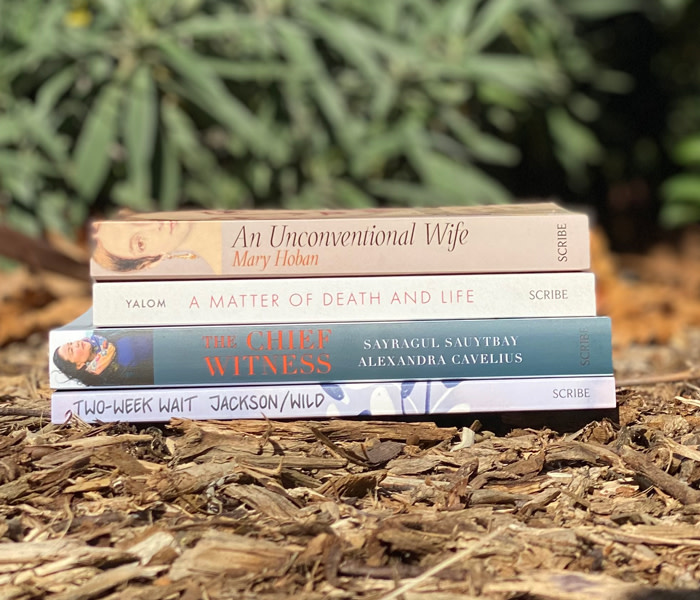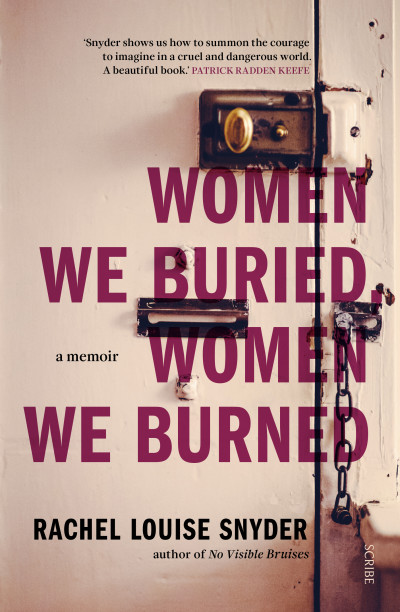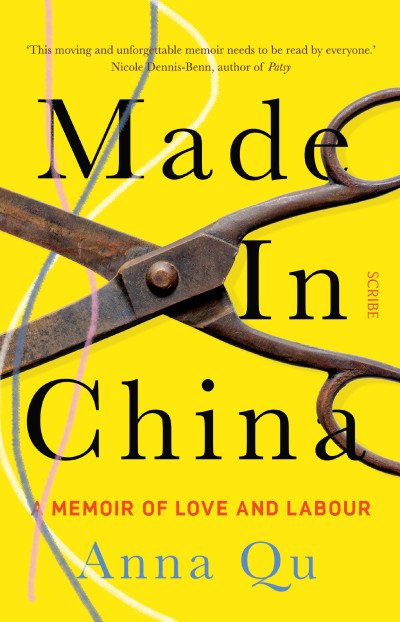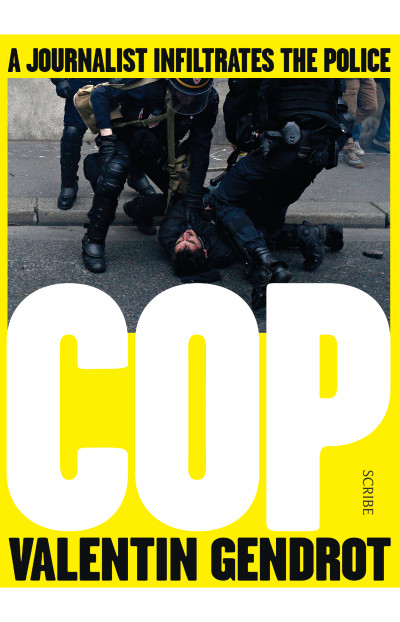The page-turning biography of an Australian woman who refused to bend to the expectations of her husband and her time.
Julia Sorell was an original. A colonial belle from Tasmania, vivacious and warm-hearted, Julia’s marriage to Tom Arnold in 1850 propelled her into one of the most renowned families in England and into a circle that included Lewis Carroll and George Eliot. Her eldest daughter became a bestselling novelist, while her grandchildren included the writer Aldous Huxley, author of Brave New World, and the evolutionary biologist Julian Huxley.
With these family connections, Julia is a presence in many documented and famous lives, but she is a mostly silent presence. When extracted from her background of colonial life, extracted from the covers of marriage and family life, her story reveals an extraordinary woman, a paradox who defied convention as much as she embraced it.
What began as a marriage born of desire soon turned into a relationship riven by discord. Tom’s sudden decision to become a Catholic and Julia’s refusal to convert with him plunged their lives into a crisis wherein their great love for each other would be pitted against their profoundly different understandings of marriage and religion. It was a conflict that would play out over three decades in a time when science challenged religion, when industrialisation challenged agrarian forms, when democracy challenged aristocracy, when women began to challenge men. It was a conflict that would shape not only their own lives and that of their children, but also touch the lives of all those who came into contact with them.
Told with the pace, depth, and psychological richness of a great novel, An Unconventional Wife is a riveting biography that shines a shaft of light on a hidden but captivating life.
‘An Unconventional Wife is superbly written, and skilfully draws on a number of diverse sources, compensating for a lamented lack – an intimate diary kept by Julia herself. Mary Hoban has got to the kernel of this story, since she has correctly conceived it as an exercise in the recuperation of women’s history.’
Jim Davidson, Australian Book Review
‘Mary Hoban has bypassed poets and thinkers, churchmen and colonial administrators to create a spirited biography of the ‘‘unknown woman’’, as she calls Julia Sorell Arnold.’
Brenda Niall, Sydney Morning Herald
View all reviews
‘An exceptional exercise in factual delving and a feat of imaginative sympathy.’
Gideon Haigh
‘A magisterial work of biography, utterly assured in research and style. This compelling and moving book reanimates the lost life of Julia Sorell Arnold, a spirited, independent woman in an age when women were expected to be quiet. With deep insight and empathy Hoban brings to life Julia and Tom’s troublesome marriage. Their passionate but fractious relationship speaks directly to the irascible relations between women and men in our own divisive times. This book is a remarkable achievement by an expert and gifted biographer.’
Rod Jones
‘Hoban has uncovered the story of a woman, admired by many friends and family, who refused to bow to the customs of the day, spoke her mind when others would have kept quiet and stayed true to her faith ... a remarkable life that needed to be told.’
Barry Reynolds, Herald Sun
‘An Unconventional Wife, Mary Hoban’s elegant biography of Julia Sorrell Arnold, who was born in Tasmania in 1826 and died in England 61 years later, challenges traditional notions of biography, examining a woman other writers might have ignored ... An Unconventional Wife performs a worthy act of recovery in lucid prose, revealing an intelligent woman caught up in the struggles and limitations of her time.’
David Mason, Weekend Australian
‘Hoban portrays her as an independently-minded woman at a time when women were expected to conform to their husband’s views.’
Andrea Ripper, Courier Mail
‘An illuminating portrait of a Victorian wife and mother who was rescued from silence ... A sparkling biography and cultural history.’ STARRED REVIEW
Kirkus Reviews
‘This is a wonderful story, told with great clarity. There is compassion too, and you can only imagine that the author is taking great pains to suppress her own anger at the way Victorian society was expected to behave, whether in distant Tasmania or academic Oxford or backwater Dublin. The reader is caught between sympathy for Julia and admiration for her insistence on her dignity.’
Frank O’Shea, Tinteán
‘This is an absorbing book, one I could not put down ... She writes well and fluently, and her prose is a pleasure to read.’
Alison Alexander, Tasmanian Historical Research Association, Papers and Proceedings
‘Expertly told … [W]ell-researched … Hoban’s writing is engaging. She expertly draws the reader in to Julia’s story and, rather than a dry catalogue of facts, the reader is presented with a page-turning account of an incredible woman.’
Hannah Viney, Eras Journal, Monash University





















